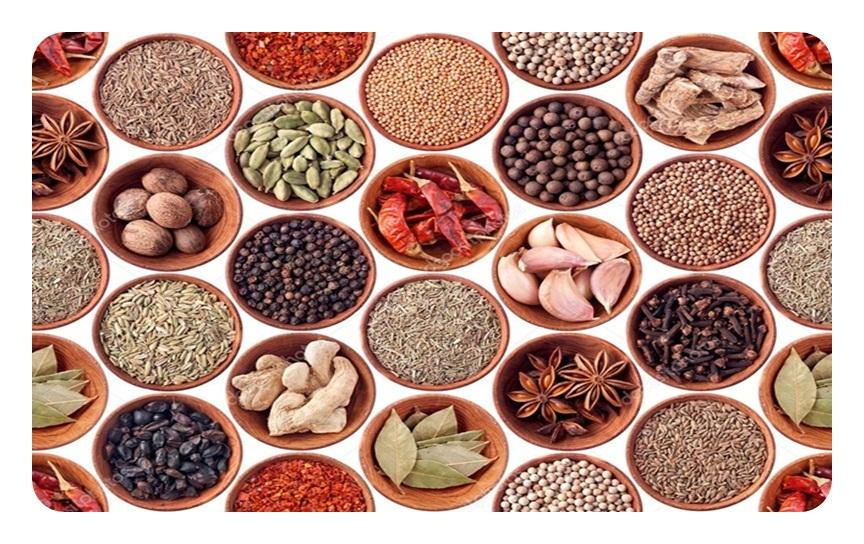Sponsorluk
Why Kosher Certification Still Matters Today

When you shop for groceries, you might spot tiny symbols like a “U” inside an “O” or a simple “K” on packaging. These aren’t random marks—they indicate Kosher Certification, a system that ensures food complies with Jewish dietary laws. But beyond tradition, kosher certification today serves as a global mark of quality, cleanliness, and trust.
What Makes Food Kosher?
Kosher Certification is a Hebrew word meaning “fit” or “proper.” Jewish dietary laws, known as kashrut, outline which foods are allowed and how they must be handled. These rules cover everything from which animals can be eaten to how they’re slaughtered. For example, pork and shellfish are not permitted, and meat can’t be mixed with dairy. Even cooking utensils and production lines must be cleaned and separated to maintain kosher status.
Because the food industry has grown so complex, it’s nearly impossible for individual consumers to verify every step. Kosher certification agencies take on this role. They review recipes, trace ingredients back to their sources, and send trained inspectors, known as mashgichim, to oversee facilities.
How Does Kosher Certification Work?
The Kosher Certification process starts when a company applies to an agency like OU, OK Kosher, or Star-K. Inspectors examine everything—ingredients, suppliers, equipment, and cleaning processes—to ensure no non-kosher items contaminate the production.
Once approved, the company earns the right to place a kosher symbol on its products. This isn’t a one-time deal; agencies continue with surprise visits and regular audits to make sure standards stay intact. That’s why consumers trust these small symbols—they represent continuous oversight, not just a single inspection.
Why It Matters to Everyone
While kosher laws are religious in origin, kosher certification benefits a far wider audience. Many people choose kosher-certified foods for reasons beyond faith. Vegetarians and people with dairy sensitivities look for “Pareve” labels, which mean the product contains neither meat nor dairy. Others see kosher standards as a guarantee of higher cleanliness and accountability.
For businesses, Kosher Certification can open doors to major retailers, hotels, and international markets that want to cater to diverse customers. It also drives better internal processes by enforcing clear ingredient tracking and strict sanitation.
The Bigger Picture
Kosher certification is more than an old tradition—it’s a symbol of careful inspection and transparency. Next time you see a kosher mark, you’ll know it stands for rigorous checks that benefit everyone, no matter their dietary needs.
Kategoriler
Read More
Intro Within the center associated with Okazaki, japan, exactly where historic customs coordinate along with modern residing, the town associated with Nara appears like a image associated with social richness as well as classic elegance. Through this historic tapestry is available a beneficial support referred to as the actual Nara Renovator. These types of experienced craftsmen...

The global personal care contract manufacturing market size is anticipated to reach USD 37.1 billion by 2030 and is anticipated to expand at a CAGR of 8.5% from 2024 to 2030, according to a new report by Grand View Research, Inc. The shifting focus of significant companies producing personal care products from in-house production to R&D and other promotional activities is projected to boost...



